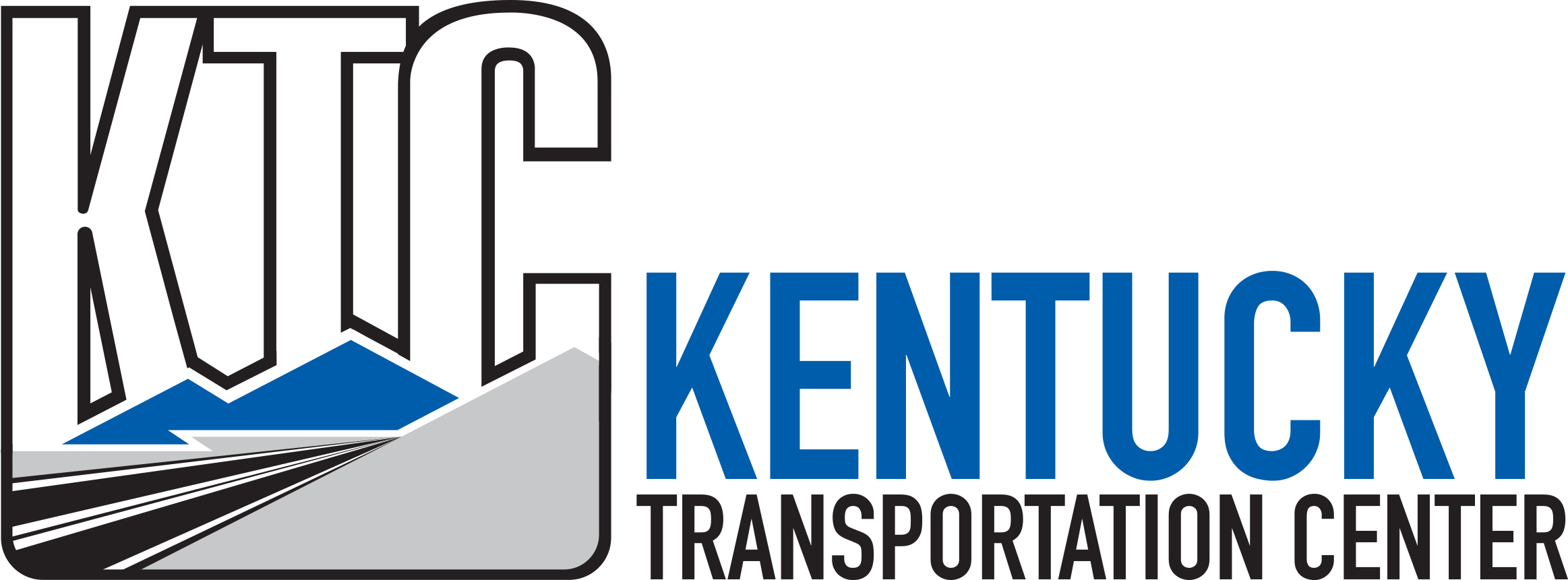Abstract
The objective of the survey was to establish 1992 safety belt and child safety seat usage rates in Kentucky. Data were collected at 100 sites and combined based on vehicle miles travelled for a given type of highway, rural or urban location, and county population category. Also included in this report is an analysis of accident records evaluating the effectiveness of safety belts.
Statewide usage rates were 41 percent for drivers and front-seat passengers (over 19 years of age) and 62 percent for children under four years of age (front and rear seats). Driver usage rates increased in 1992 compared to 1991, however, the amount of the increase was less than in previous years. Rates were highest on interstate highways and lowest on rural, non-interstate highways.
Benefits in the reduction of injures for occupants involved in police-reported accidents wearing a safety belt or in a safety seat were shown through the analysis of accident records. For example, a 52 percent reduction in fatal or incapacitating injuries was determined for drivers wearing a safety belt compared to those who were not restrained.
The increased usage that resulted in Fayette County and Jefferson County after enactment of local mandatory usage laws was shown. Increased usage rates in Covington and Bowling Green would also be related to passage of local laws. The recommendation is that a statewide mandatory safety belt law should be passed or, in lieu of a statewide law, additional local governments should pass such a law.
Report Date
9-1992
Report Number
KTC-92-15
Digital Object Identifier
http://dx.doi.org/10.13023/KTC.RR.1992.15
Repository Citation
Agent, Kenneth R., "1992 Safety Belt Usage Survey and Evaluation of Effectiveness in Kentucky" (1992). Kentucky Transportation Center Research Report. 468.
https://uknowledge.uky.edu/ktc_researchreports/468



Notes
The contents of this report reflect the views of the author who is responsible for the facts and accuracy of the data presented herein. The contents do not necessarily reflect the official views or policies of the University of Kentucky or the Kentucky State Police. This report does not constitute a standard, specification, or regulation. The inclusion of manufacturer names or trade names are for identification purposes and are not considered as endorsements.